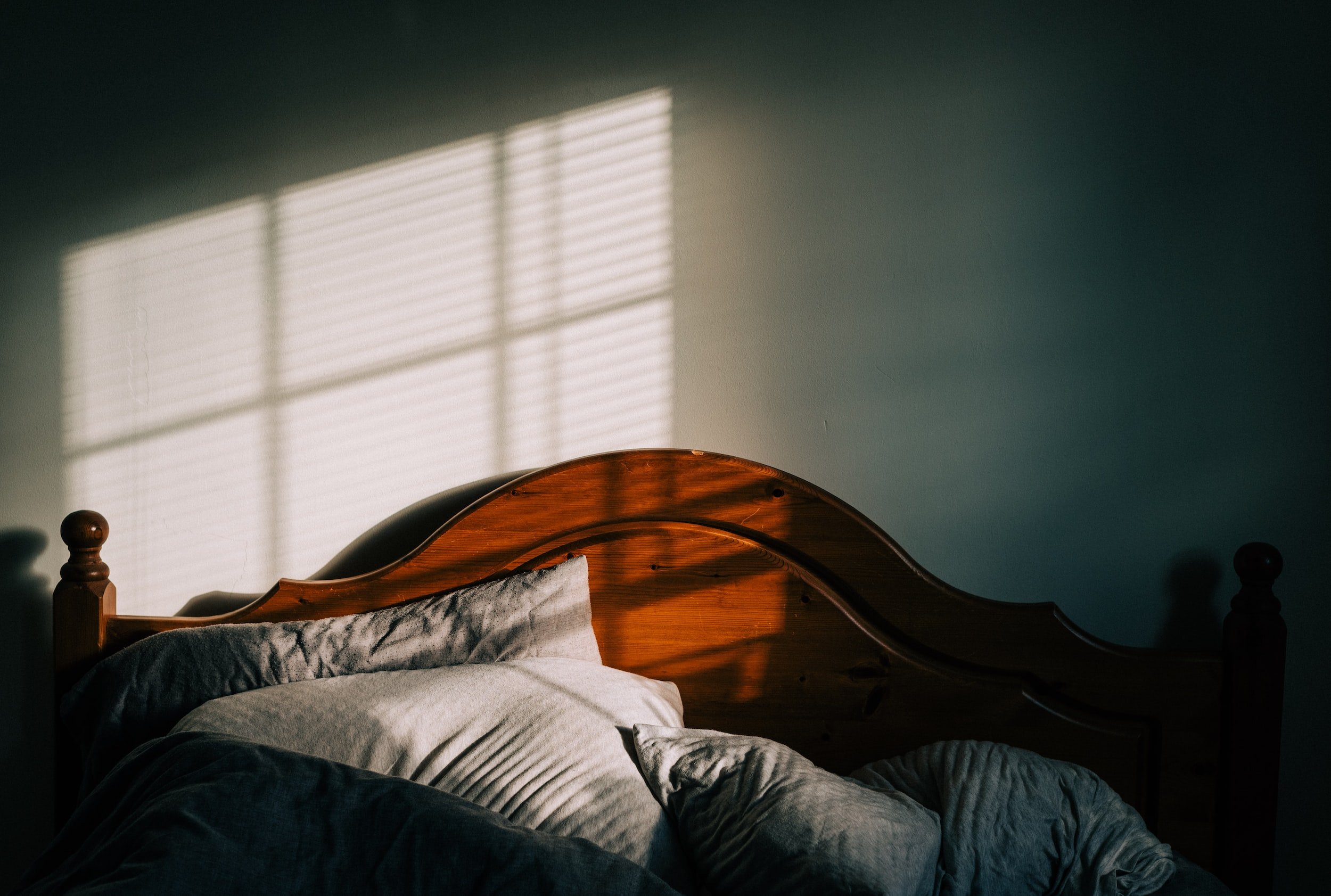
Sleep
Why is sleep important?
Sleep is important for repairing muscle. In athletes, it is also necessary to make adaptations in speed, endurance, strength, and power. But most importantly, sleep is crucial to healing after surgery.
Deeper stages of sleep are responsible for regenerating tissues.
Increased blood flow brings more oxygen and nutrients to healing areas. During one deep stage of sleep called non-REM, hormones release that promote muscle growth and repair as well as decrease inflammation.
Sleep deprivation increases systemic inflammation in the body.
Systemic inflammation slows healing and can lead to (and be exacerbated by) depression and anxiety. Therefore, sleep is key to quicker recovery and prevents further damage from inflammatory stress. Recent studies have even showed REM sleep, the other stage of sleep, may help with recovery from stress and trauma. Sleep plays a huge role in injury recovery, but remember, it plays an equally important role in (re)injury prevention.
Sleep disturbance
Sleep disturbances are common after major surgeries.
Poor sleep quality can be significant up to three months after operation in orthopedic patients. Females are especially at risk for altered sleep after surgery.
Pain and pain medications, as well as mental health conditions such as depression, anxiety, and ADHD, are major causes of sleep disturbance after surgery.
Sleep deprivation is a stressor; it increases hormones in the body that increase inflammation, worsen pain, slows recovery after surgery and has negative impact on mental health. By the same mechanisms, sleep deprivation predisposes an athlete to injury.
Improving your sleep
Athletes should aim for 7-9 hours of sleep, but the more the merrier.
What can you do to improve your sleep?
1. Avoid daytime naps
2. Exercise during the day if you are able
3. Avoid caffeine past 10 am
4. Limit nicotine
5. Avoid screen time before bed
6. Seek psychotherapy for depression and anxiety
7. Conclude opioid use as soon as possible. Opioid narcotics disrupt sleep.
Safe and comfortable sleep positioning:
After Knee Surgery:
Try sleeping with your leg elevated by propping 2-3 pillows (or a laundry basket with a pillow on top) underneath your lower calf and ankle.
or
Try sleeping on your non-operative side with a pillow between your legs so that your operative side is closer to the ceiling (your non-operative side is in contact with the bed).
Do NOT sleep with pillows underneath your knee.
Pillows behind your knee may feel comfortable, but they prevent your leg from keeping straight. This can cause a permanent tightening of the muscle that would hinder you from fulling extending your knee. You should strive to maintain full extension equivalent to your other leg, so avoid sitting with your operative leg in a bent position for long periods of time.
Avoid recliners.
They put a bend in your knee and inhibit full extension.
After Shoulder Surgery:
Keep your arm stable by wearing your sling while sleeping as directed by your doctor.
Try sleeping in bed propped up by pillows, in a reclined position.
Try sleeping in a reclining chair.
Try placing a pillow between your arm and torso to prevent cramping and promote blood flow.
After Hip Surgery:
Try sleeping on your back with a pillow between your knees to avoid crossing your surgical leg over the middle of your body.
or
Try sleeping on your non-operative side with a pillow between your legs.
Do NOT sleep on your stomach if was an arthroscopic surgery
Do NOT put pillows underneath your knees.
Avoid recliners.
Seek positions of comfort. Even if there’s a short bend in the hip, that’s okay.
Check out the references used to inform this page
This website contains a compilation of information gathered. I am not a trained professional. Please consult your healthcare team before taking any advice from this site.





